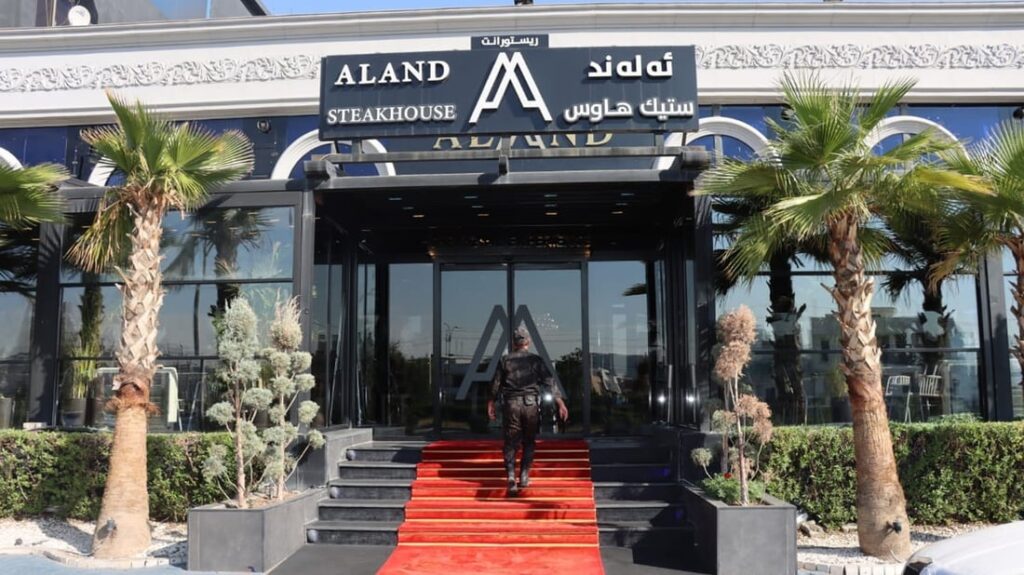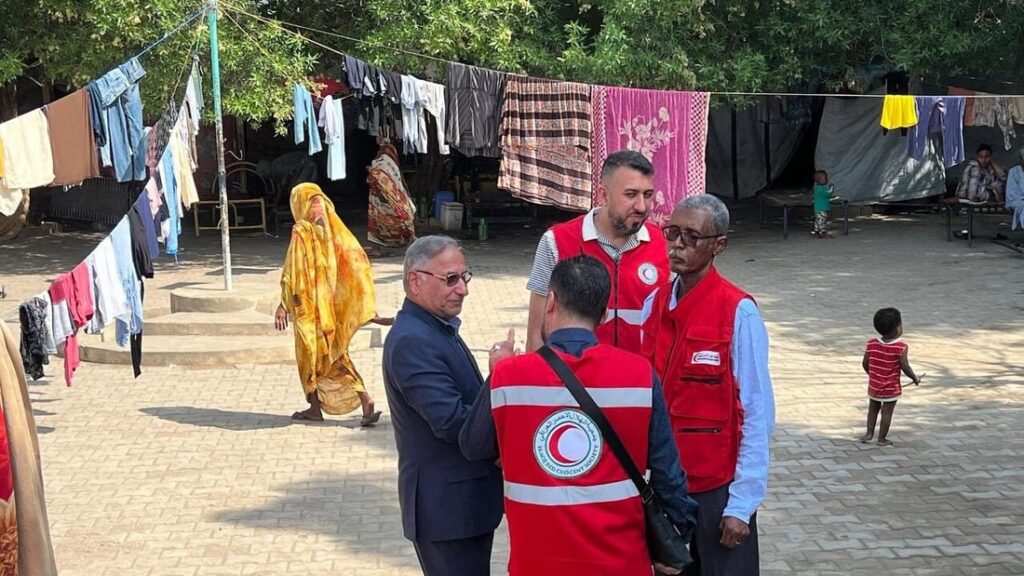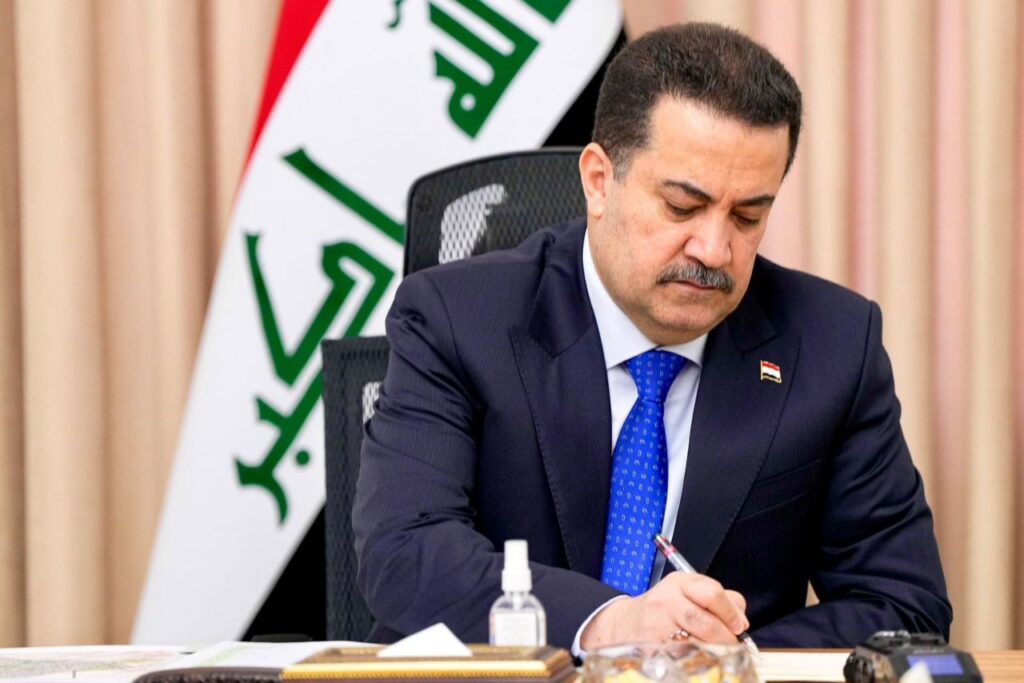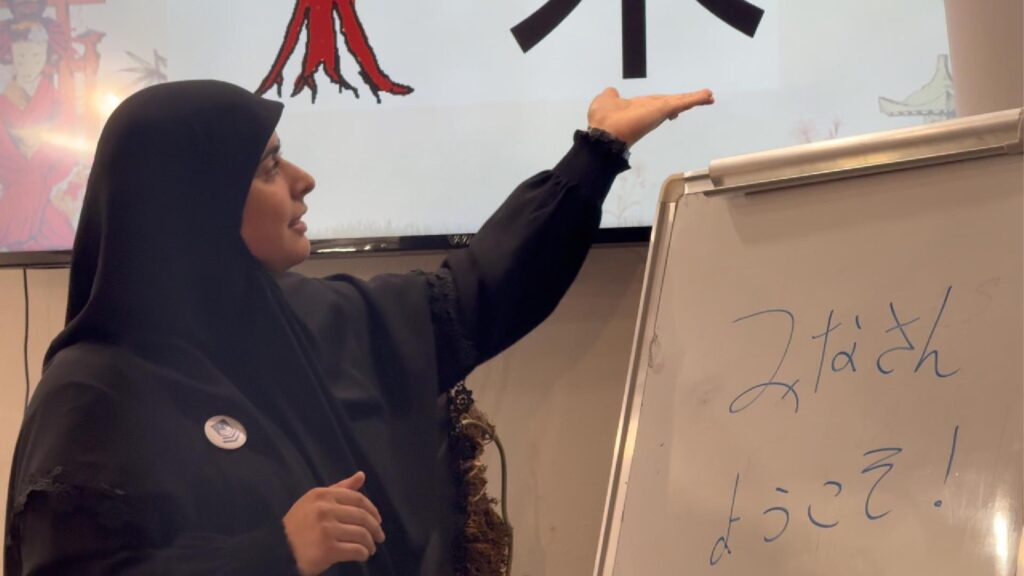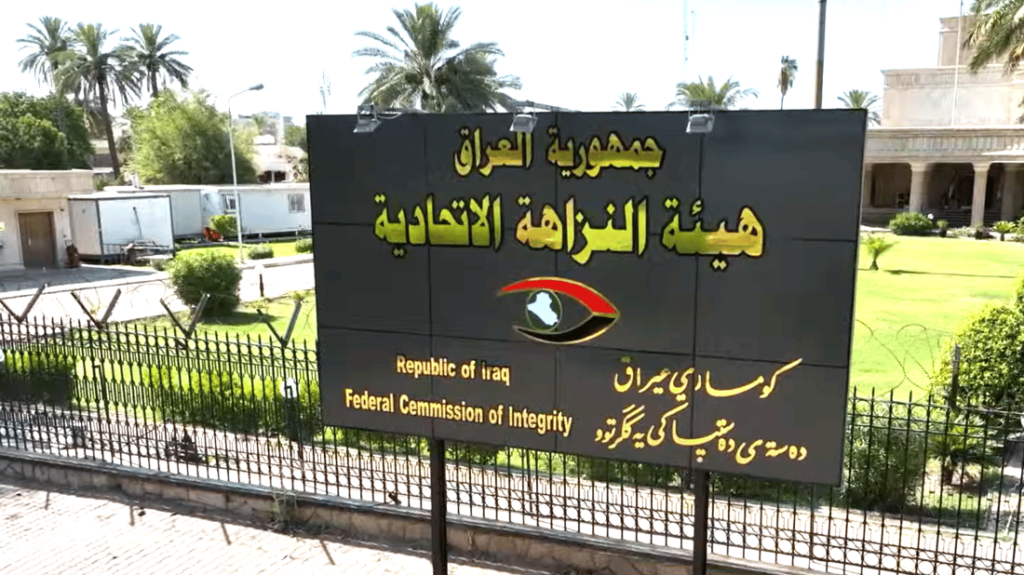Iraq and Lebanon are on the same path

There are many similarities between Iraq and Lebanon. But there are also many points of difference, at least in terms of area, natural resources, geography and demographics.
To cite one example, there is not much ethnic diversity in Lebanon, where most Christians and Muslims are Arabs, while in Iraq there is a Kurdish minority that has protected status.
This minority established its own authority in Iraq’s Kurdistan region and a few years ago, sought to establish an independent state, but failed. Iraq has other minorities, such as the Turkmen, as well as various doctrines and religions.
This diversity in Iraq is just the tip of the iceberg in terms of how different it is from Lebanon. Iraq also has great oil wealth unlike Lebanon. What the two countries do have in common, though, is that they are coveted by Iran, which is trying to control them by feeding sectarian strife and establishing sectarian militias.
Despite the differences between Iraq and Lebanon, they have always been close to each other. Many Lebanese expatriates became wealthy by working in Iraq and with Iraq. Goods destined for Iraq arrived at the port of Beirut and then were trucked to Iraq through Syria. In 1975-1976, when a militia affiliated with a Christian party in Lebanon plundered the warehouses of the fourth basin in the port, the loot included goods and vehicles valued at tens of millions of dollars that were on their way to Iraq.
Those who looted the fourth basin could not appreciate the strategic value of Beirut’s port for the region and, because of their act, ruined it. The port of Beirut was among the most active Mediterranean ports, serving as a key stop for Iraq and other countries, especially after the Haifa Port lost influence when Israel was created in 1948.
American forces never set foot on Lebanese soil except in 1958 after the bloody military coup in Iraq. Their arrival in Lebanon brought about a settlement there whereby Army Chief Commander Fouad Shehab became president, succeeding Camille Chamoun. Chamoun had tried to make Lebanon join the Baghdad Alliance at the time. The strife in Lebanon had been settled between the American administration and Egypt’s Gamal Abdel Nasser.
Meanwhile in Iraq, the military coup that overthrew the monarchy was the first sign of the end of the country and its rich social diversity. This diversity was a source of wealth but military rule first and then the Ba'ath ideology did away with all that.
The Ba'ath doctrine was a backward ideology whose sole function was to keep producing resounding hollow slogans to cover a ruthless dictatorial regime in the full sense of the word. For all practical purposes, the Ba'ath era ended with Saddam Hussein's coming to power in 1979 and his refusal to share it until his downfall.
The Saddam era was marked by ill-advised policies and ill-calculated adventures, starting with his long war with Iran and ending with his short-lived occupation of Kuwait.
None of this, however, affected Iraq’s relationship with Lebanon. Iraq remained interested in Lebanon all of this time. In fact, there was even an Iraqi-sponsored Palestinian organisation called the Arab Liberation Front operating out of Lebanon. There was also a branch of the Iraqi Ba’ath Party in Lebanon. Likewise, there were several left-wing Lebanese parties being funded and armed by Iraq. At some point, Lebanon became one of the stages for the Iraqi-Iranian war. One of the chapters of that war saw the assassinations of Ba'athist Shias loyal to the Iraqi Ba’ath Party and the blowing up of the Iraqi embassy in Beirut.
The embassy bombing in the Ramlet al-Bayda area on December 15, 1981 resulted in dozens of casualties, including the embassy’s diplomatic staff and its Lebanese staff. Later, it was revealed that the pro-Iranian Iraqi Dawa Party was behind the terrorist operation, with perhaps the complicity of the Syrian regime.
Despite the bombing of its embassy, Iraq did not despair of Lebanon and moved its new embassy to the eastern (Christian) zone in Beirut at the beginning of 1982. At that time, Iraq began to cultivate relations with the Christian parties in Lebanon.
These efforts were crowned by sending tanks to the then Lebanese army commander, Michel Aoun, who is now the sitting president of the republic, and to the Lebanese Forces Party in the year 1989. Aoun was at that time in Baabda Palace as a temporary head of the interim government tasked with electing a new president to succeed President Bachir Gemayel, whose term ended on September 23, 1988. Unfortunately, the tanks gifted by Iraq were not used as required -- that is to say, to fight off the Syrian occupation of Lebanon. Instead, they were used in the war between the army brigades loyal to Aoun and the “Lebanese Forces” militias.
In 1990, Iraq got busy with Kuwait and left Lebanon alone. On October 13, 1991, the Syrian army entered Baabda Palace and the headquarters of the Ministry of Defense in Yarzeh, beginning the era of Syrian tutelage over Lebanon. Fourteen years later, on April 26, 2005, that tutelage came to an end with the departure of the Syrian forces from Lebanon thanks to Rafik Hariri’s martyrdom.
It is difficult to accurately analyse the role Iraq played in Lebanon between 2005 and 2019. Iraq had already been handed by the Americans to Iran on a silver platter in 2003 and it became part of the Persian Crescent that begins in Tehran and ends in Beirut.
Since then, Iran’s presence has strengthened in Baghdad and Beirut, in addition to Damascus, of course. It has become customary for Iran to decide who gets to be the prime minister in Iraq, just as it has become normal for Hezbollah to decide who should be nominated for the Lebanese presidency.
Once again, both countries’ fates meet during recent protest movements. Both countries are witnessing exceptional developments that are still in their infancy, but will surely have an impact on two levels. The first is the future of Lebanon and Iraq, and the other is the future of Iran.
Will the Lebanese and Iraqis break the Persian crescent? Much of the answer to this question will depend on Iran's ability, in partnership with Hezbollah, to keep Iraq as an Iranian card. What applies to Iraq, where the future of the Iranian regime will be decided, also applies to Lebanon, where Hezbollah is blatantly attempting to impose a new government to its own measure, regardless of the terrible consequence that move will have on the country.

